The US's increase in tariffs on cars and many other goods is having a major impact on the Asia-Pacific economy, but the region's economies still have important momentum to grow.
The Trump administration has announced a 25% tariff on imported cars and light trucks starting next week, a move that has escalated the global trade war and industry experts predict will push up prices and disrupt supply chains.
Japanese and Korean cars are facing difficulties.
In an analysis sent to Thanh Nien , Moody's Analytics assessed the impact of the above developments on economies in the Asia-Pacific region.
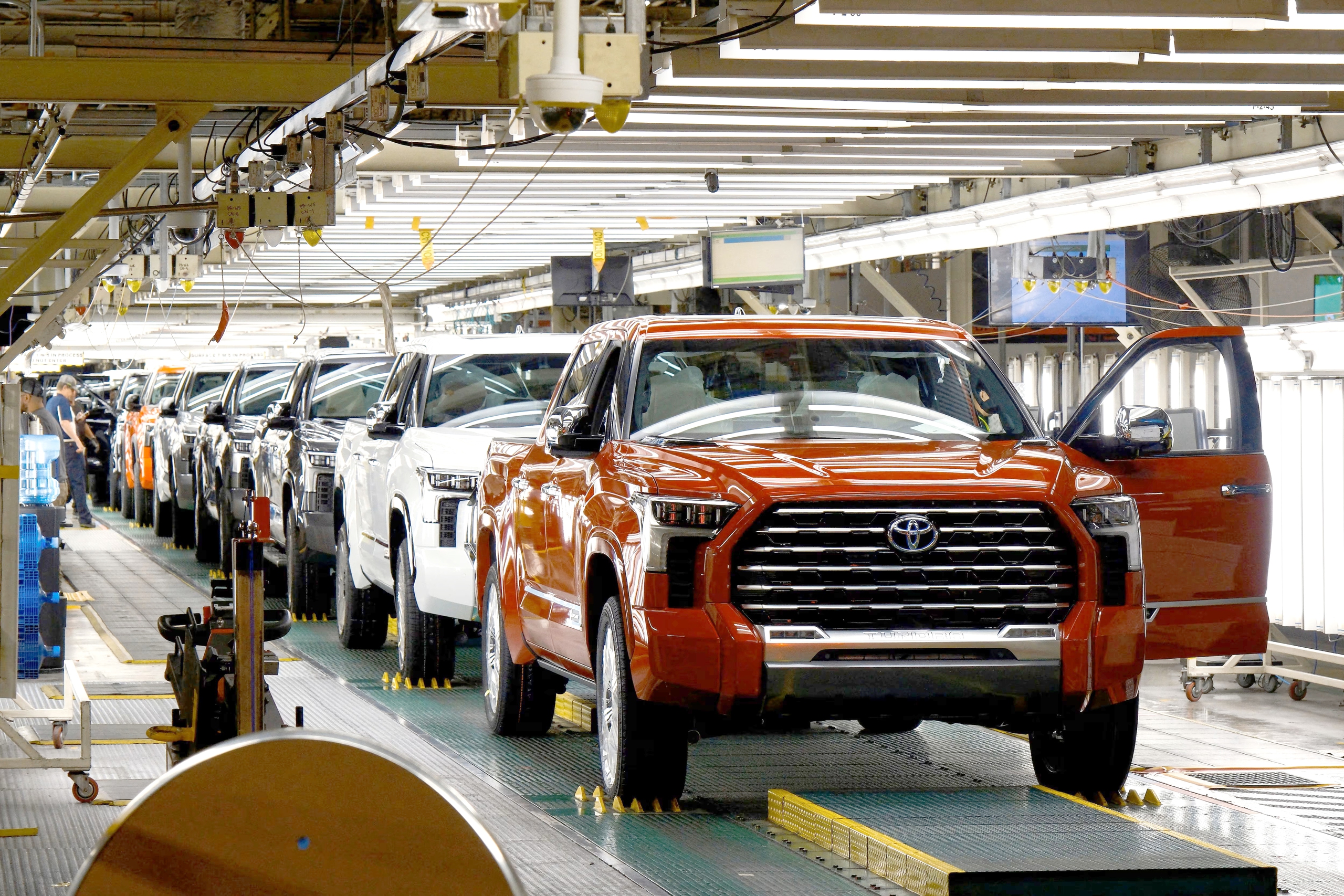
Toyota's Tundra model (Japan) is assembled at a facility in Texas (USA)
Specifically, the above tariffs will hit Japan and South Korea the hardest. About 6% of Japan's total exports are cars shipped to the US. In the case of South Korea, the figure is 4%. In response to the above developments, the stock markets in both countries were affected as shares of automakers plummeted. Such tariffs will weaken confidence, affect production and reduce orders. With the complex supply chain in car manufacturing, the impact will spread throughout the Japanese and South Korean economies. Moody's Analytics estimates that the above reasons could reduce the economic growth of these countries by 0.2 - 0.5 percentage points.
According to the above analysis, Japanese and Korean automakers may increase investment in the US to negotiate tariff exemptions or reductions. Recently, Hyundai Group (Korea) announced a $21 billion investment in the US to produce cars and develop the supply chain of important materials.
In addition to the direct tariff increase, Japanese and Korean automakers are also facing indirect challenges because they maintain production facilities in Mexico and Canada. For example, Japanese automakers Toyota, Honda, Nissan, and Mazda, along with Korean automaker Kia, all have factories in Mexico and Canada. Therefore, the escalation of the trade war between the US and neighboring countries will cause these companies to face many other pressures.
Internal growth drivers
Meanwhile, Standard & Poor's (S&P) Ratings, the world's leading credit rating agency, has just released a new report indicating growth momentum for the APAC region, which is facing tensions due to US tariffs.
However, the S&P Ratings report quoted Mr. Louis Kuijs, chief economist of APAC at S&P Ratings, as saying: "Although we have revised down many of our GDP forecasts, the adjustments are small. Balancing policy responses and external pressures affecting APAC, we still emphasize the resilience of the economies in the region."
Specifically, the report maintained China's GDP growth forecast at 4.1% in 2025 and 3.8% in 2026. However, the report adjusted China's growth composition in 2025 to reflect weaker exports and stronger domestic demand.
"China's growth in late 2024 was better than we expected. This will boost the country's growth in 2025. Moreover, China's growth target and fiscal stimulus in 2025 are more ambitious than S&P Ratings' previous forecast," Kuijs explained why S&P Ratings kept its forecast for China's economic growth in 2025.
Some APAC economies are also likely to face direct US tariffs as Washington plans to increase “reciprocal tariffs” on trading partners and tariffs on pharmaceuticals and semiconductors after already raising tariffs on cars.
Australia, Indonesia, New Zealand and the Philippines are less likely to be hit by higher tariffs from Washington because they typically have low import tariffs on US goods. In addition, their bilateral trade surpluses with the US are not large, and their main export products are not on the list of tariff targets.
“However, the entire APAC will suffer the indirect impact of the tariff chaos. Slowing growth in global markets due to trade conflicts and political instability will affect exports,” Kuijs assessed, adding: “In addition, Asian manufacturers will feel pressure from Chinese manufacturers as Chinese manufacturers expand their markets to other countries to replace the US market.”
Source: https://thanhnien.vn/kinh-te-chau-a-giua-song-gio-vi-thue-cua-my-185250328230824733.htm


![[Photo] General Secretary concludes visit to Azerbaijan, departs for visit to Russian Federation](https://vphoto.vietnam.vn/thumb/1200x675/vietnam/resource/IMAGE/2025/5/8/7a135ad280314b66917ad278ce0e26fa)

![[Photo] National Assembly Chairman Tran Thanh Man chairs the meeting of the Subcommittee on Documents of the First National Assembly Party Congress](https://vphoto.vietnam.vn/thumb/1200x675/vietnam/resource/IMAGE/2025/5/8/72b19a73d94a4affab411fd8c87f4f8d)
![[Photo] Prime Minister Pham Minh Chinh meets with the Policy Advisory Council on Private Economic Development](https://vphoto.vietnam.vn/thumb/1200x675/vietnam/resource/IMAGE/2025/5/8/387da60b85cc489ab2aed8442fc3b14a)
![[Photo] President Luong Cuong presents the decision to appoint Deputy Head of the Office of the President](https://vphoto.vietnam.vn/thumb/1200x675/vietnam/resource/IMAGE/2025/5/8/501f8ee192f3476ab9f7579c57b423ad)
![[Photo] General Secretary To Lam begins official visit to Russia and attends the 80th Anniversary of Victory over Fascism](https://vphoto.vietnam.vn/thumb/1200x675/vietnam/resource/IMAGE/2025/5/8/5d2566d7f67d4a1e9b88bc677831ec9d)
![[Photo] Explore the Great Wall of Water in the Suburbs of Beijing, China](https://vphoto.vietnam.vn/thumb/402x226/vietnam/resource/IMAGE/2025/5/5/c2e706533d824a329167c84669e581a0)

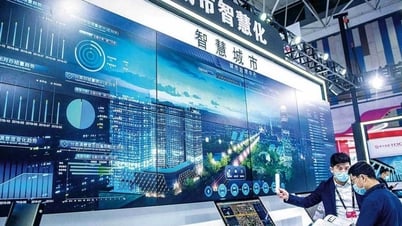







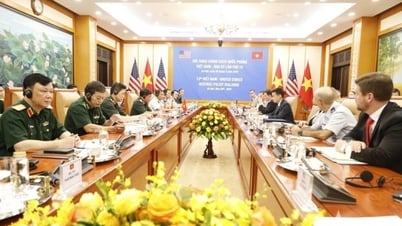

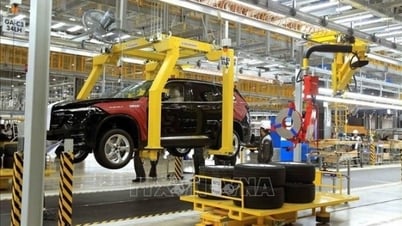
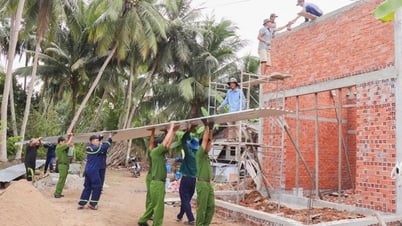
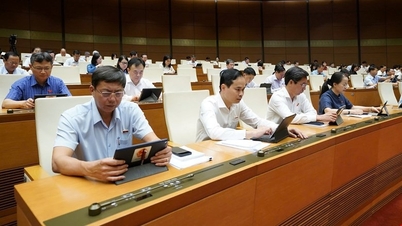
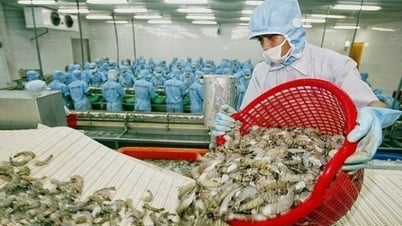








































![[Photo] Prime Minister Pham Minh Chinh talks on the phone with Singaporean Prime Minister Lawrence Wong](https://vphoto.vietnam.vn/thumb/402x226/vietnam/resource/IMAGE/2025/5/8/e2eab082d9bc4fc4a360b28fa0ab94de)

















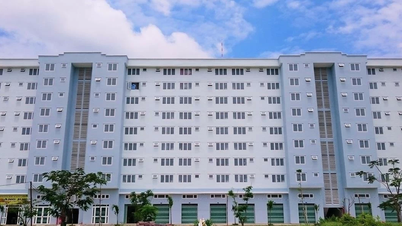












Comment (0)